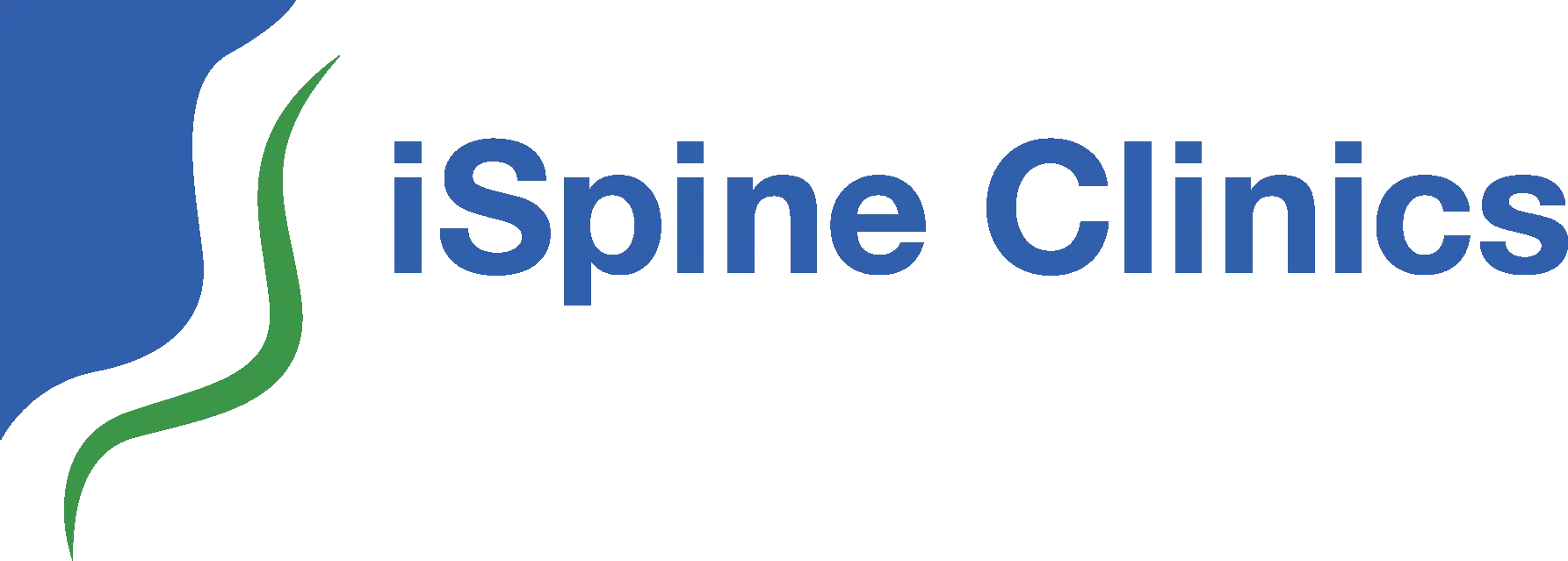Medication Management
Some people managing chronic pain conditions use prescription medication as part of their short- or long-term treatment plan to help manage their pain. All medications come with risks and side effects, so it is important to iSpine that you understand the intended actions and possible side effects of your medication. Information about any prescribed medication would also be communicated to your referring provider and pharmacist as part of your total healthcare team.
Medication Management Therapy:
What to Expect
Non-Opioid Medical Management
The key to non-opioid medication pain management is something called multi-modal analgesia! Simply explained, there is a pain pathway in the body: The pain impulses start where the pain first gets generated in the tissues (joint or muscles for example) and then is transmitted through the nervous system until the impulses end in the brain (where the pain is perceived). Multimodal analgesia is using different medication classes to block the pain signals at multiple locations within that pathway.
For example, using an anti-inflammatory drug decreases the generation of pain signals at the levels of the tissue. A muscle relaxant will also decrease the pain that is generated from muscle spasms. These are two different classes of medications that have different mechanisms of action, and frequently combined to achieve better pain control.
Another large class of medications is “anti-neuropathic medications” these medications decrease the transmission of pain signals along the nerve fiber. The most famous of these medications is Gabapentin; however, it is not the only one. There are at least ten other anti-neuropathic medications that can decreasing the firing of painful signals along the nerve fiber. These medications can be combined with each other and can be combined with other medication classes to achieve Multimodal Analgesia.
During your consultation with your doctor, your doctor will walk you through all the different types of pain medications that have or have not worked for you in the past. Your doctor will discuss different medication options that you have not yet explored. Each one of these medications carries a unique set of advantages (and potential side effects) that your doctor will explain. For example, a medication called Topamax, that we commonly utilize for nerve pain has the added advantage of being a preventative medication for migraines along with a common side effect of weight loss. For certain patients Topamax may carry three different therapeutic advantages. Another common example is using a muscle relaxant such as tizanidine at night. Not only does this drug decreases muscle spasms and tension, but also has non-addictive sedative properties, as well as mild analgesic properties. This combination can come in handy if your pain keeps you up at night.
There are other class of pain medications as well such as utilizing a topical ketamine cream for certain painful conditions, this in combination with other medications can be very effective in controlling chronic pain. The list of classes as well as the different medications in each class goes on and on; all of which, if suitable, will be available to you as a patient at iSpine.
The process of trialing different medication may involve a few follow-ups until we find the medication that is right for you. Ultimately, every patient ends up with a highly customized regiment that works for them. Our goal at iSpine is to develop a “personalized medicine” approach with our patients.
Suboxone Therapy
- Suboxone is a prescription medication used to treat a very specific diagnosis called ‘opioid use disorder’
- A specific appointment and evaluation are required to evaluate if this is the correct medication therapy for you
- This therapy is offered at our Chaska and Maple Grove locations
Medical Cannabis
- Certain members of our staff are able to certify patients for the MN Department of Health’s Medical Cannabis program
- If you are interested in trialing medical cannabis, you will have an appointment scheduled with one of these team members
- Once you are certified through iSpine, the next step if registration with the MN Department of Health, which will be explained at your certification visit. The Department of Health will then let you know when you can make an appointment with one of the Medical Cannabis Dispensaries in the state, for a visit to discuss options and purchase cannabis products.
- Medical cannabis certification must be renewed annually with iSpine
- The overall goal of medical cannabis use is to decrease or eliminate use of opioid medication
Opioid Management
We do manage opioid medication when necessary, and will explain our clinic philosophies and procedures regarding use of medications in this class.
Patients prescribed opioids are typically seen every month in clinic in order to closely monitor use of these medications.

